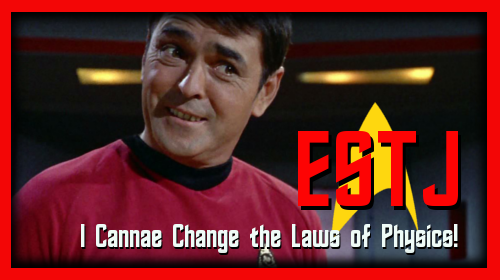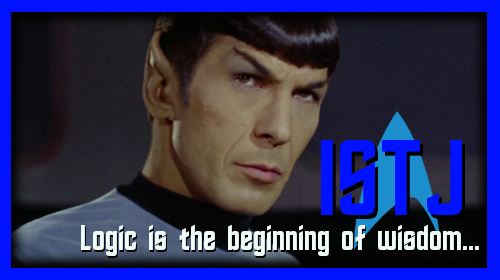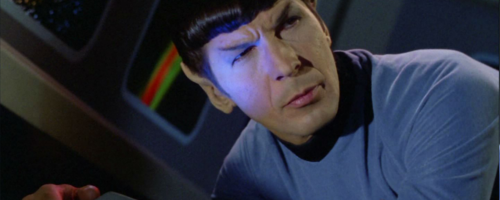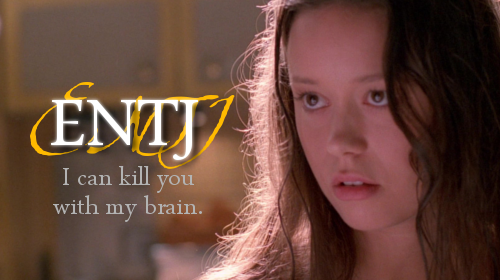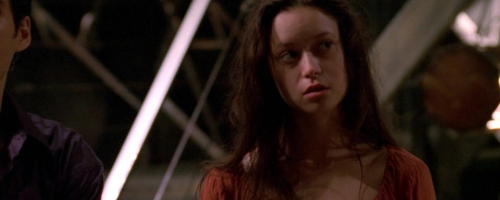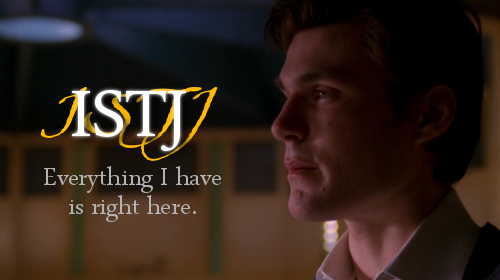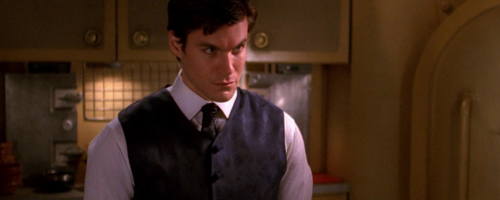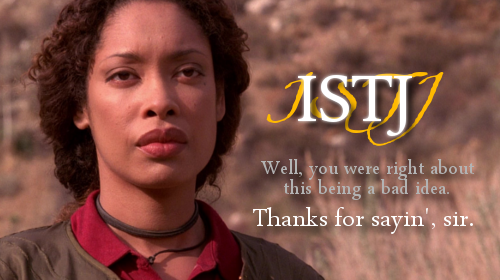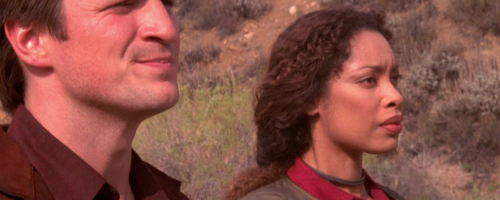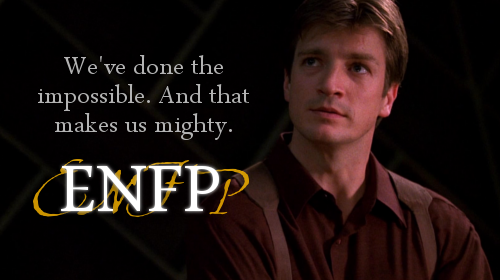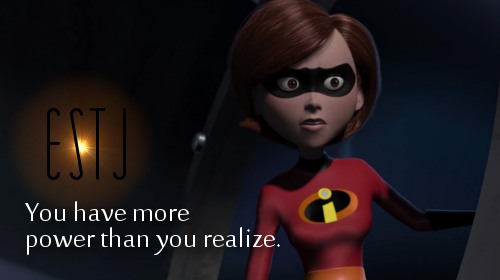The Director, The Achiever, The Organizer
ESTJs are typically viewed as natural-born leaders, but not every ESTJ needs to be captain of the ship. They just require something productive to do to keep them happy. No one’s more busy and satisfied with his work than one Chief Engineer Scotty, legendary “Miracle Worker” of the starship Enterprise.
Dominant Function: (Te) Extraverted Thinking, “Organize the Experience”
Scotty gains his “Miracle Worker” title from the fact that he can always get the job done. The Enterprise is the finest ship in the fleet, but she’s constantly running into trouble, and it’s Scotty’s task to get her out of danger and keep her in tip-top shape. He excels at his work and claims to know more about the ship than the people who designed it (“The Apple,” “Is There In Truth No Beauty?”).
Scotty is task-oriented and sticks to the job in spite of many distractions. While the rest of the crew of a stranded shuttlecraft bickers and complains, Scotty remains focused on the repairs, and demands that they show proper respect to Spock, their commanding officer (“The Galileo Seven”). He crawls into a matter-antimatter reaction chamber to fix the ship’s engines, and is willing to be ejected into space if the procedure fails (“That Which Survives”).
Scotty enjoys his work and doesn’t like taking R&R (“The Trouble With Tribbles”). He’ll complain when Kirk places unrealistic deadlines on him, but he always brings the job in on time (“The Naked Time,” ST:TMP). Of course, Scotty admits that sometimes he fudges his estimated repair times to make himself look better (TNG, “Relics”). Continue reading
